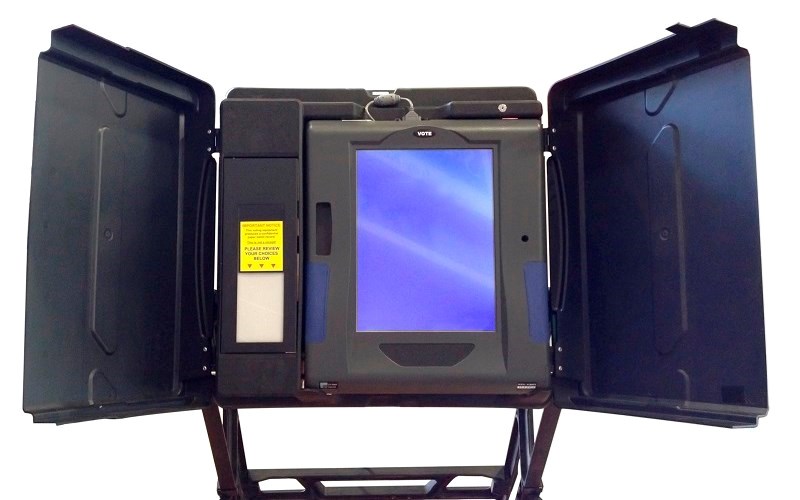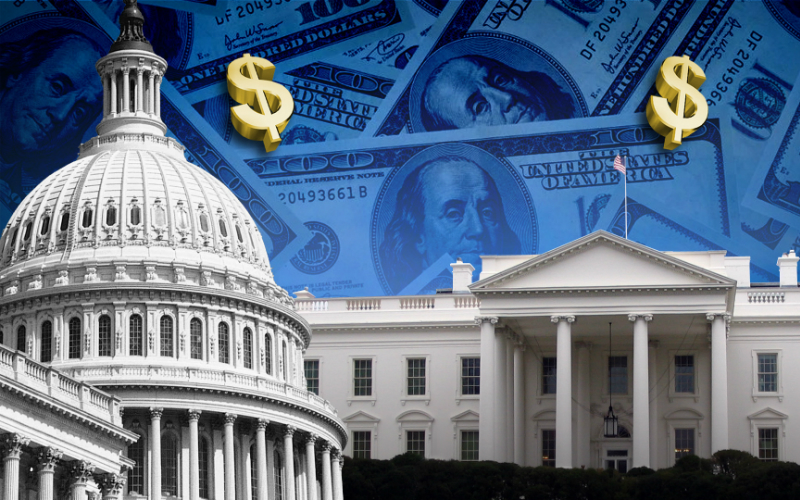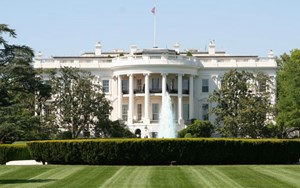The Cybersecurity & Infrastructure Security Agency (CISA) – according to an Associated Press story – is sending an advisory to state election officials explaining that electronic voting machines from a leading vendor used in at least 16 states have software vulnerabilities that, if unaddressed, leave them susceptible to hacking. The advisory details nine vulnerabilities and suggests protective measures to prevent or detect their exploitation. It went on make it clear that that's not happening in all of the states that use the machines.
According to AP, the advisory is based on a report written by a University of Michigan computer scientist who has long argued that using digital technology to record votes is dangerous because computers are inherently vulnerable to hacking – and thus require multiple safeguards that aren't uniformly followed.
American Family News spoke with Patrick Colbeck, a Christian and former two-term Michigan state senator, about the CISA advisory – which he says has two main objectives.

"They're trying to get ahead of game and shape the battlefield regarding the citations of the vulnerabilities that we've known about since even before the 2020 election – back when it was in vogue to talk about security vulnerabilities," Colbeck argues.
"But somehow, after November 3 the only talking point that was allowed to be talked about was that these were the 'most secure elections in history,'" he adds. "That tells you that there's an agenda – and that agenda is not the truth."
And the second reason, according to Colbeck, is because another election is coming up in November. "And by all indications [the 2022 elections are] not going to go the way of Joe Biden and his friends," he states. "So, they need to start painting a narrative that if all else fails they can come back and blame the voting machines."
Colbeck, author of "The 2020 Coup: What Happened. What We Can Do," shares the belief of many election security experts – including the UM computer scientist cited by AP – that using hand-marked paper ballots is the most secure method of voting and the only option that allows for meaningful post-election audits.
As a certified 2020 poll challenger in Detroit, Colbeck claims to have witnessed fraud firsthand – such as late-night ballot drops, poll challenger lockouts, and voting equipment connected to the internet. He has been investigating the scale and significance of election fraud ever since.







